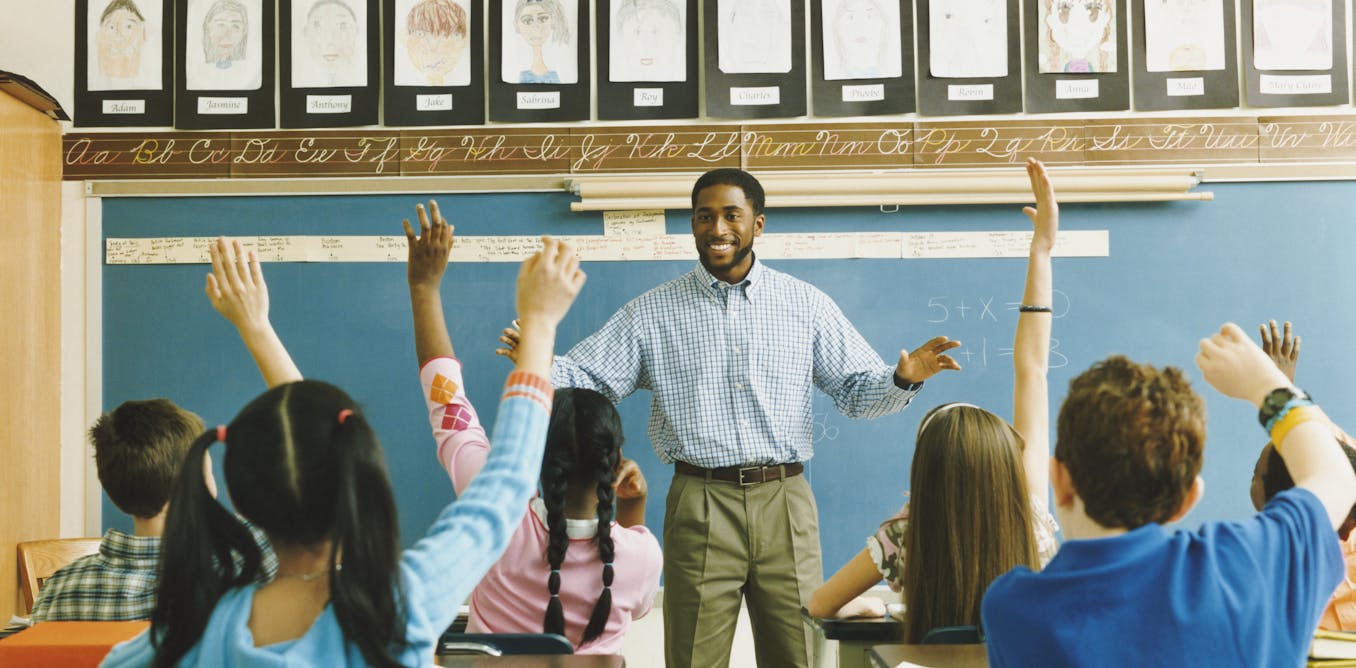Can AI help prevent suicide? How real-time monitoring may be the next big step in mental health care
Suicide is complex. But researchers are finding that AI and real-time monitoring tools could help offer support at exactly the right moment.
May 13, 2025 • ~6 min








